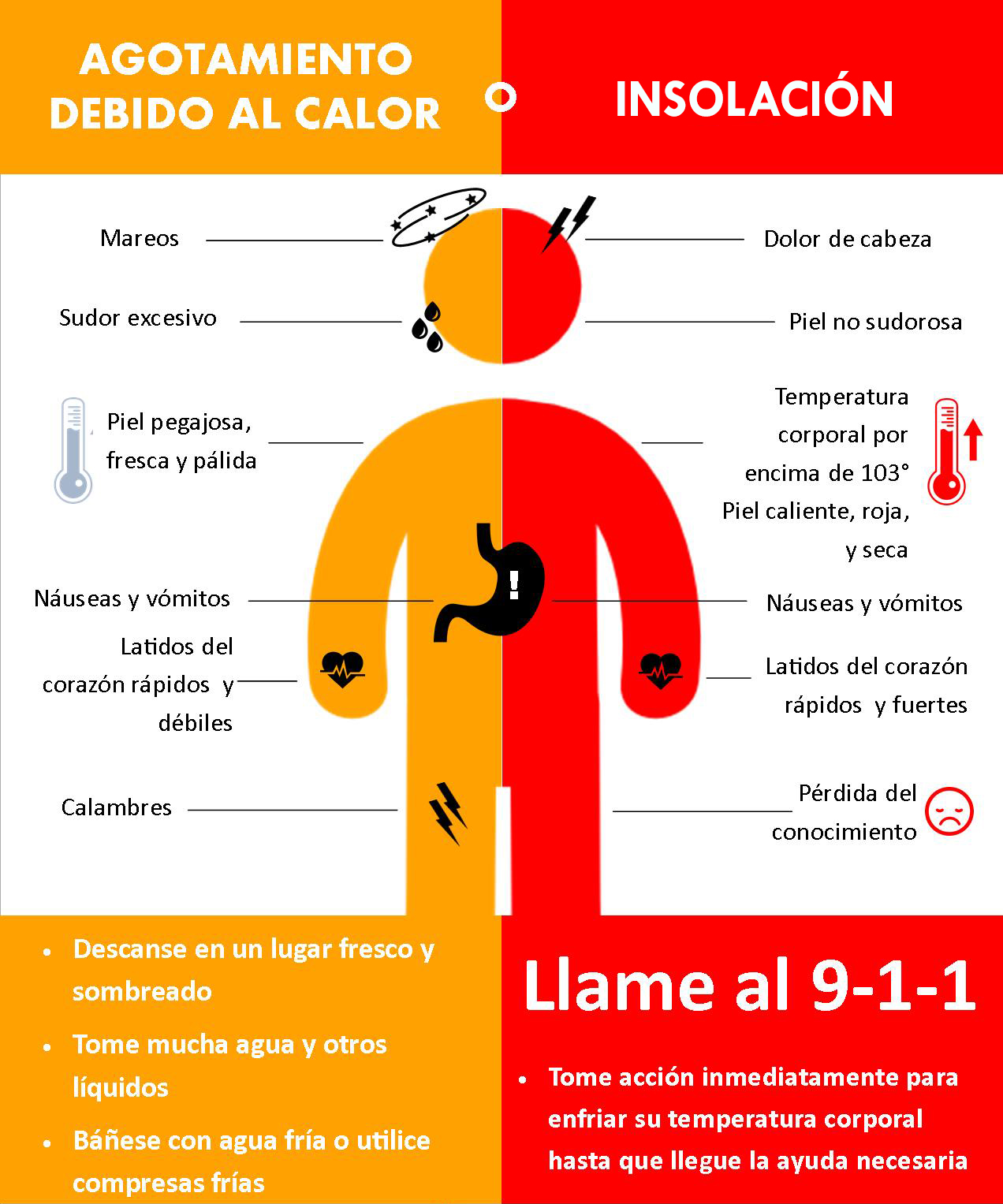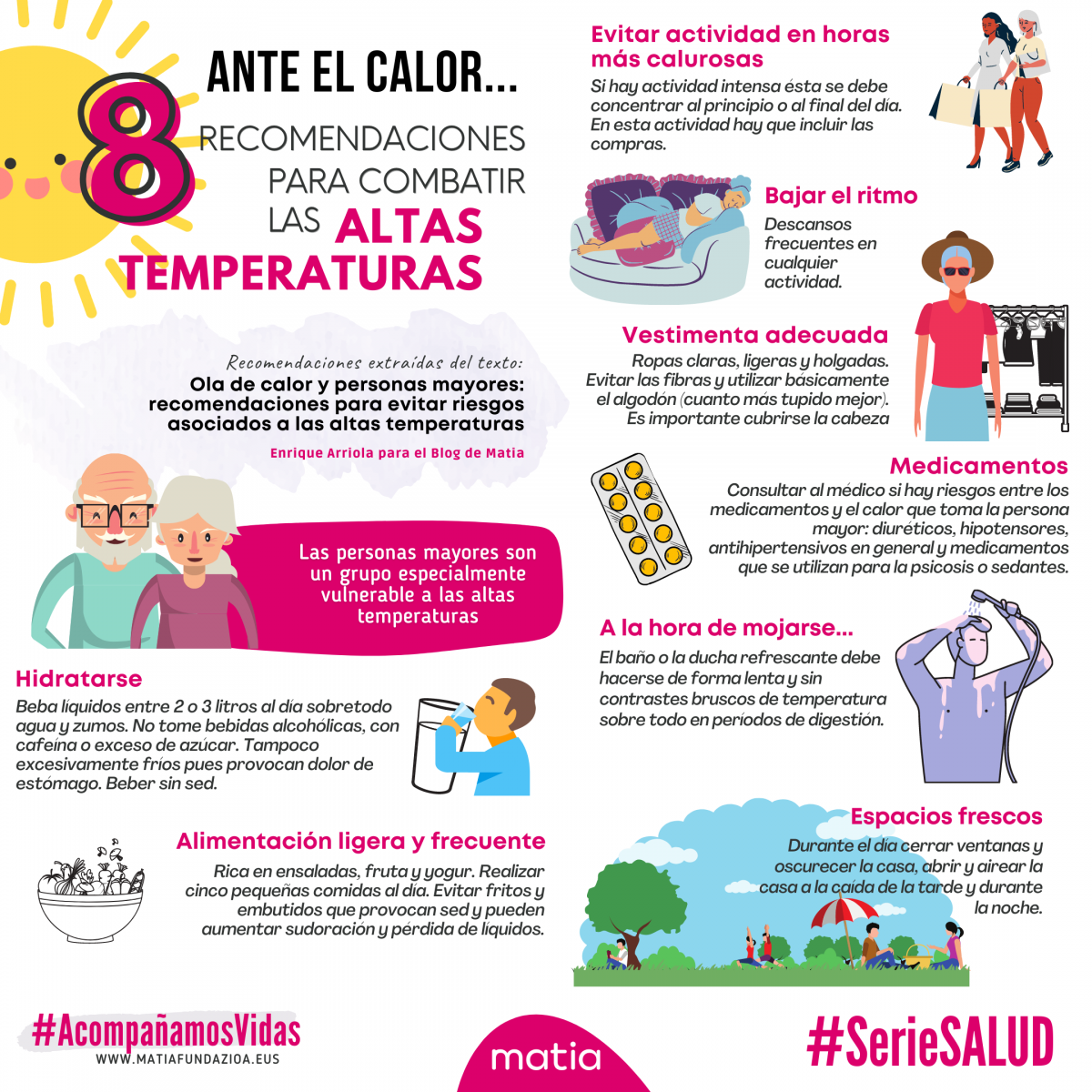Ola De Calor En Uruguay: Guía Completa Para Mantenerse Fresco Y Seguro
We've put together this guide to help you stay cool and safe during the heat wave.
---|---|
FAQs on Heatwaves in Uruguay
During heatwaves, it is essential to stay informed and take necessary precautions to maintain well-being and safety. This FAQ section addresses common concerns and misconceptions about heatwaves in Uruguay, providing evidence-based guidance to help individuals navigate these periods effectively.
Question 1: What are the signs and symptoms of heat-related illnesses?
Heat-related illnesses can manifest in a range of symptoms, including dizziness, nausea, muscle cramps, weakness, and profuse sweating. In severe cases, individuals may experience confusion, loss of consciousness, or seizures.
Question 2: Who is most vulnerable to heat-related health issues?
The elderly, young children, individuals with chronic health conditions, and those who work or exercise outdoors are at increased risk of heat-related illnesses. It is crucial for these groups to take extra precautions during heatwaves.
Question 3: What are the best ways to stay cool and hydrated during a heatwave?
To stay cool, consider wearing loose, light-colored clothing, soaking a towel in cool water and placing it around your neck, or taking cool showers or baths. Drink plenty of fluids, such as water or electrolyte-rich beverages, to prevent dehydration.
Question 4: Is it safe to exercise during a heatwave?
Exercising outdoors during a heatwave should be avoided. If exercising indoors, ensure the environment is well-ventilated and take frequent breaks to cool down. Monitor your body for signs of heat-related illness.
Question 5: What should I do if someone shows signs of a heat-related illness?
Move the person to a cool place, remove any excess clothing, and give them cool fluids to drink. Apply a cold compress to the person's forehead, neck, and armpits. If symptoms persist or worsen, seek medical attention immediately.
Question 6: How can I prepare for a heatwave?
Before a heatwave, stock up on non-perishable food and water. Identify a cool place in your home or community where you can seek refuge. Consider using fans or air conditioning to cool your living space.
By adhering to these guidelines and staying informed, individuals can mitigate the risks associated with heatwaves and maintain their well-being during these challenging periods.
For further information, please refer to the provided resources or consult a healthcare professional.
Tips
During a heat wave, it is crucial to take precautions to stay cool and safe. Ola De Calor En Uruguay: Guía Completa Para Mantenerse Fresco Y Seguro Here are some effective tips to help you cope with the heat:
Tip 1: Stay Hydrated
Drink plenty of fluids, especially water, to prevent dehydration. Avoid sugary drinks and alcohol, as they can worsen dehydration.
Tip 2: Dress Appropriately
Wear loose, lightweight, and light-colored clothing made from breathable fabrics like cotton or linen. This will help your body stay cool and reduce heat absorption.
Tip 3: Seek Shade
Spend as much time as possible in shaded areas, such as under trees or umbrellas. Avoid prolonged exposure to direct sunlight, especially during the hottest hours of the day.
Tip 4: Cool Down with Water
Take cool showers or baths to lower your body temperature. You can also use a spray bottle filled with cold water to mist yourself throughout the day.
Tip 5: Avoid Strenuous Activities
Limit outdoor activities and strenuous exercise during the heat of the day. If you must be active, try to schedule activities for cooler times, such as early morning or evening.
Tip 6: Be Aware of Heat-Related Illnesses
Heat exhaustion and heat stroke are serious conditions that can occur during extreme heat. Learn the symptoms and how to prevent and treat them.
Tip 7: Check on Vulnerable Individuals
Older adults, children, and those with chronic illnesses are more susceptible to heat-related illnesses. Regularly check on these individuals to ensure they are staying cool and hydrated.
Tip 8: Prepare Your Home
Keep your home cool by closing blinds and curtains during the day. Use fans or air conditioning to circulate air and lower the temperature.
Heat Wave in Uruguay: Comprehensive Guide to Stay Cool and Safe
Uruguay is prone to heat waves, periods of unusually high temperatures that can pose health risks. Understanding the essential aspects of these events is critical for ensuring safety and well-being.
- Stay Hydrated: Drink plenty of water, even before feeling thirsty.
- Avoid Direct Sun Exposure: Limit outdoor activities during peak heat hours (11 am - 4 pm).
- Use Cooling Measures: Take cool showers, wear loose-fitting clothing, and use fans or air conditioning.
- Monitor Vulnerable Groups: Check on elderly, children, and those with chronic health conditions.
- Know Heatstroke Symptoms: Recognize signs of heatstroke and seek medical attention immediately.
- Stay Informed: Monitor weather forecasts for heat wave warnings and follow official guidelines.

Calor extremo: Consejos para mantenerse fresco – City of Houston - Source houstonemergency.org
These aspects are interconnected and crucial for preventing heat-related illnesses. Staying hydrated replenishes body fluids lost through sweating. Avoiding direct sun exposure minimizes heat absorption. Cooling measures effectively lower body temperature. Monitoring vulnerable groups ensures their well-being. Recognizing heatstroke symptoms enables prompt medical treatment. Staying informed empowers individuals to make informed decisions and take necessary precautions.

Ola de calor en la selva: recomendaciones para enfrentar altas - Source tvperu.gob.pe
Ola De Calor En Uruguay: Guía Completa Para Mantenerse Fresco Y Seguro
El calor extremo puede ser peligroso para la salud e incluso mortal. Por eso es importante tomar medidas para mantenerse fresco y seguro durante una ola de calor. Esta guía le brindará toda la información que necesita para mantenerse protegido durante este evento climático potencialmente peligroso.

Ola de calor y personas mayores: 14 recomendaciones para evitar riesgos - Source www.matiafundazioa.eus
Las olas de calor pueden ocurrir en cualquier época del año, pero son más comunes durante los meses de verano. Se caracterizan por temperaturas anormalmente altas que pueden durar varios días o incluso semanas. Las olas de calor pueden ser particularmente peligrosas para las personas mayores, los niños pequeños y las personas con problemas de salud existentes.
Existen varias cosas que puede hacer para mantenerse fresco y seguro durante una ola de calor. Éstas incluyen:
- Beba muchos líquidos. La deshidratación es uno de los mayores riesgos durante una ola de calor. Beba mucha agua, incluso si no tiene sed. Evite las bebidas alcohólicas y azucaradas, ya que pueden deshidratarlo.
- Manténgase en lugares frescos. Busque refugio del sol y del calor en lugares con aire acondicionado, como centros comerciales, bibliotecas o cines. Si no tiene acceso a un lugar con aire acondicionado, permanezca en el interior tanto como sea posible. Mantenga las cortinas cerradas para bloquear el calor del sol.
- Use ropa suelta y liviana. La ropa suelta y liviana le ayudará a mantenerse fresco. Evite las telas oscuras, ya que absorben el calor.
- Evite la actividad física extenuante. La actividad física extenuante puede aumentar su temperatura corporal y provocar deshidratación. Si necesita hacer ejercicio, hágalo temprano en la mañana o tarde en la noche, cuando las temperaturas sean más frescas.
- Controle su consumo de sal. El consumo excesivo de sal puede provocar retención de líquidos y empeorar los efectos del calor. Limite su consumo de sal a 2.300 mg por día.
- Esté atento a los signos de insolación y agotamiento por calor. La insolación es una afección potencialmente mortal que puede ocurrir cuando la temperatura corporal alcanza los 40 °C (104 °F) o más. El agotamiento por calor es una afección menos grave, pero aún peligrosa, que puede ocurrir cuando la temperatura corporal alcanza los 37 °C (99 °F) o más. Los síntomas de insolación y agotamiento por calor incluyen mareos, náuseas, vómitos, debilidad, confusión y convulsiones. Si experimenta alguno de estos síntomas, busque atención médica de inmediato.
Siguiendo estos consejos, puede ayudar a mantenerse fresco y seguro durante una ola de calor. Recuerde, el calor extremo puede ser peligroso, por lo que es importante tomar precauciones para protegerse.
DeepSeek: Unraveling The Mysteries Of The Digital Landscape, Islam Karimov: The Former President Of Uzbekistan, Dominant Performance: Highest Scoring Game In NFL History, Bibas Family: Inspiring Entrepreneurship, Creativity, And Innovation, Presidents Featured On U.S. Currency: A Historical Exploration, Adbert Alzolay: Rising Star And Future Ace Of The Chicago Cubs, Aubrey O'Day: Multifaceted Entrepreneur, Singer, And Reality TV Star, President Biden Announces Major Initiatives To Combat Inflation And Lower Costs For American Families, Lori Harvey: Rising Star In Fashion, Beauty, And Empowerment, Jordan Spieth: Golfing Prodigy And Master Of The Game,